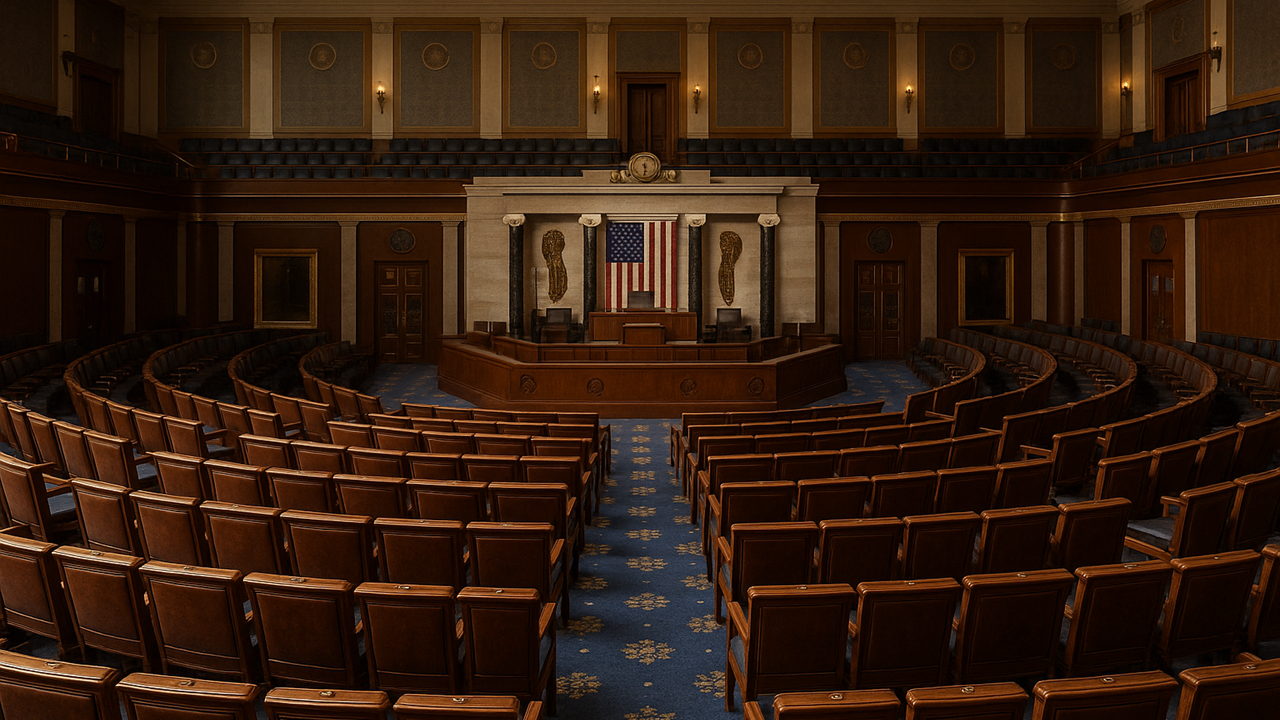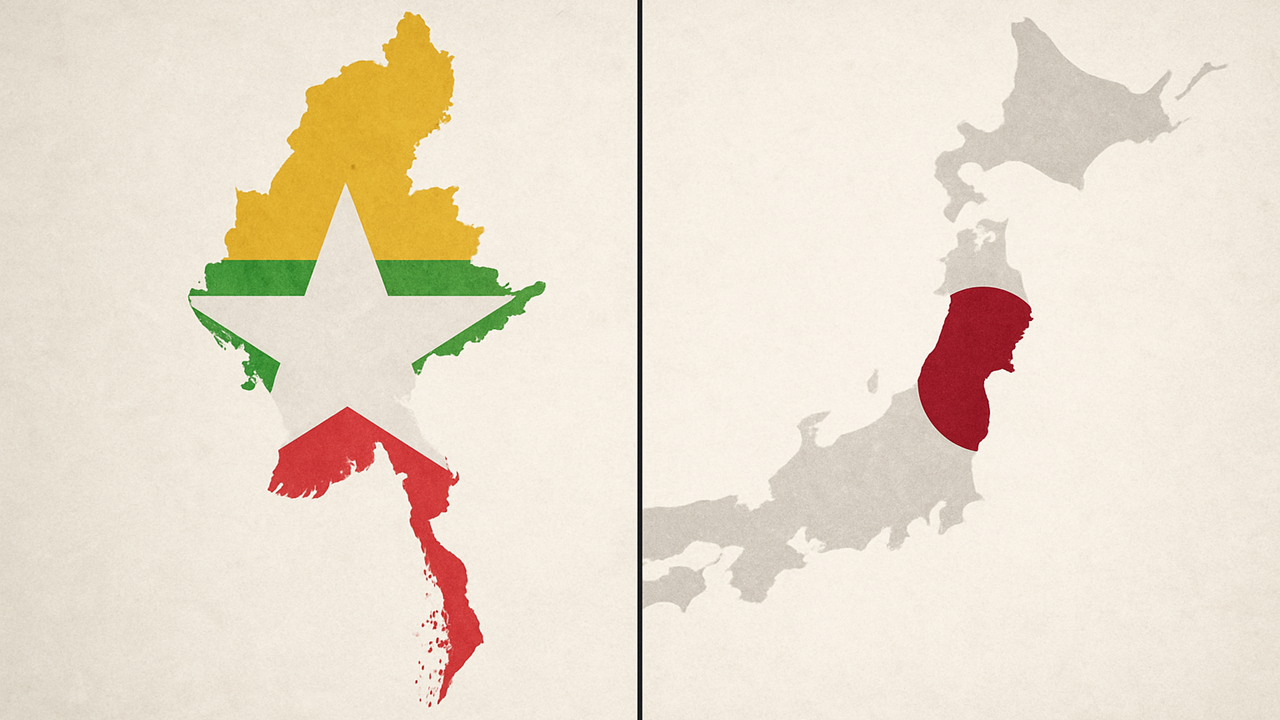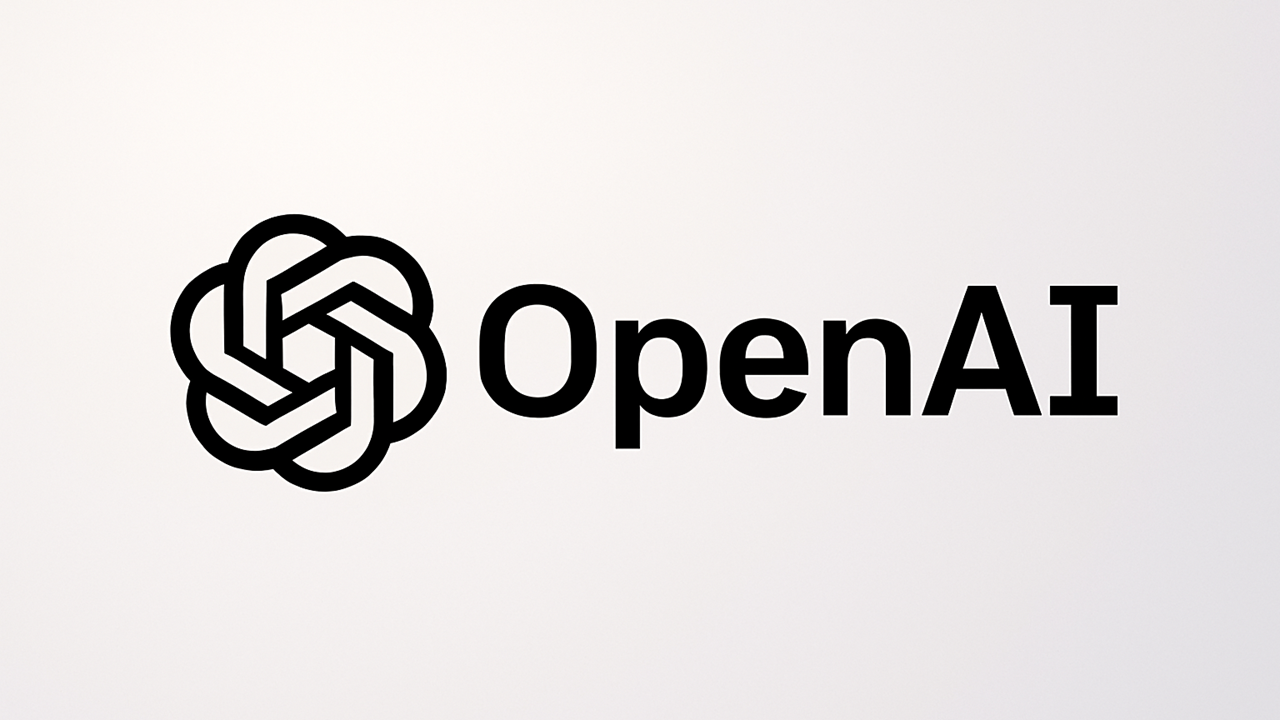UK Introduces Strict Age Verification for Adult Content, Boosting VPN and Proxy Sales
LONDON — As of July 25, 2025, the UK has implemented stringent age verification rules for accessing online adult content under the expanded Online Safety Act, significantly transforming how users access pornography and harmful materials online. Under these new regulations, users must verify their age through biometric scans, government-issued identification, credit-card authentication, or third-party digital age assurance systems compliant with GDPR standards.
This mandate affects not only pornographic websites but also platforms hosting sensitive material related to self-harm, eating disorders, and suicide. Prominent websites, including Reddit, Pornhub, OnlyFans, Discord, X, and Grindr, have started rolling out rigorous age-checking methods. Reddit, for example, is now requiring UK-based users to submit selfies or official identification, processed by an external verification provider, to maintain access to adult-oriented communities.
However, the strictness of these verification protocols has spurred significant controversy. Privacy advocates argue that such measures create surveillance risks and threaten user anonymity, cautioning against potential misuse or breaches of sensitive biometric data. Opponents have also expressed concern that this approach may inadvertently drive users, particularly teenagers, toward illicit or unregulated content hosted offshore or through alternative technological channels.
One immediate consequence of the new law has been a marked surge in the sales and usage of Virtual Private Networks (VPNs) and Proxy Servers. Providers report substantial increases in subscriptions across the UK, as many internet users seek to bypass the stringent verification procedures. The uptick in VPN and proxy service sales reflects growing public discomfort with the privacy implications of the law, as users look for solutions to maintain online anonymity and unrestricted internet access.
The Online Safety Act, passed in 2023, repealed earlier efforts under the Digital Economy Act of 2017, introducing a robust, unified regulatory framework supervised by Ofcom. Non-compliant platforms could face penalties up to £18 million or 10% of their global turnover, with repeated violations potentially resulting in a complete UK access ban. The move aligns adult content access online with real-world standards applied to age-restricted products such as alcohol and gambling.
The UK’s bold stance has drawn international attention, with similar age-assurance legislation under consideration in the EU, Australia, France, Ireland, and various U.S. states. Whether the UK’s experiment proves a successful model balancing child protection, digital rights, and practical enforcement remains uncertain, but initial developments indicate potential unintended consequences. The increased popularity of VPNs and proxies suggests many users are unwilling to trade privacy for compliance, highlighting the complex challenge policymakers face in regulating the digital landscape.
CEO of Jivaro, a writer, and a military vet with a PhD in Biomedical Sciences and a BS in Microbiology & Mathematics.


























